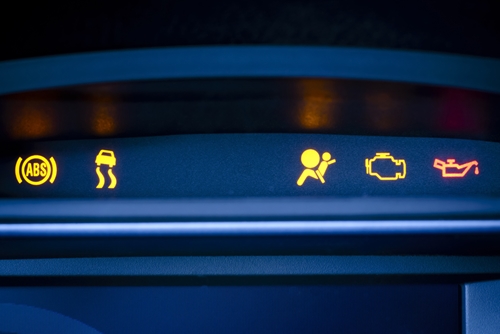Westwood, N.J. – Feb. 22, 2018 – BMW of North America has recalled a handful of vehicles potentially equipped with defective head air bags, according to documentation submitted to the National Highway Transportation Safety Administration. The campaign affects 2018 Rolls-Royce Ghost luxury sedans produced between Nov. 24, 2017, and Dec. 7, 2017.
BMW estimates that just 4 percent of the recalled models actually contain the defective components.
The Defect
Affected vehicles may include damaged head air bags that might not inflate properly upon deployment due to out-of-specification headliner installation. This poses a serious risk to passengers as the defect could leave the vulnerable to head trauma in the event of a crash. However, BMW has not received any reports connecting the defective safety features to any accidents or injuries.
Timeline of Events
BMW quality assurance personnel on Jan. 23, 2018, learned that engineers had discovered a damaged air bag during assembly. The British automaker immediately quarantined and blocked shipment of potentially effected vehicles.
In the days following the initial discovery, BMW conducted several tests to determine the root cause of the damaged air bag and eventually learned that the headliners on the the problematic sedans had been installed incorrectly, interfering with the operation of the safety feature. The car company also reviewed production records to ascertain just how many vehicles might contain nonfunctioning head air bags.
On Jan. 31, 2018, BMW decided to conduct a voluntary safety recall. The organizations notified dealers of the action Feb. 7, 2018.
The Solution
BMW directed dealers to inspect and replace the head air bags in affected vehicles free of charge, according to an NHTSA recall acknowledgment document. None of the models involved in this recall have been sold to customers. Therefore, BMW will not be sending out customer notifications. However, any owners with related concerns can contact BMW customer service personnel at (877) 877-3735. They can also reach out to the NHTSA directly using its toll-free vehicle safety hotline at (888) 327-4236.


